The Burundian government has announced it is considering evicting illegal occupants from state-owned houses as part of efforts to curb rising public rental expenses. The move follows growing concern over the widening gap between government spending on office rentals and the meagre revenues generated from its own properties.
During a cabinet meeting held Tuesday in Gitega, the country’s political capital, the revision of how state-owned houses and land are managed topped the agenda. Officials highlighted alarming discrepancies: while the government spends nearly BIF 9 billion annually on renting offices, around 700 state-owned houses collectively bring in only BIF 700 million.
Prime Minister Nestor Ntahontuye, who chaired a separate meeting with ministers and provincial governors the same day, blamed the Ministry of Infrastructure for failing to submit rental contracts to the Ministry of Finance for review. He ordered that all contracts be handed over within a week. “Are you not the ones renting out state-owned houses?” he asked ministry officials. “This week, all of them must be submitted for rigorous analysis. For those that will be missing, that will be considered a serious problem.”
He also criticized administrative delays, urging officials to act “as responsible stewards of the nation” and ensure that all contracts are scanned, archived electronically, and submitted without further excuses. Ntahontuye noted that past requests for a centralized database on state property had never been honoured, even when he previously served as finance minister.
Civil Society Sounds the Alarm on Mismanagement
Civil society organizations say the government’s latest decision comes after years of unsuccessful appeals. OLUCOME, an anti-corruption watchdog, has repeatedly warned of widespread irregularities in the leasing and rental of public buildings. “We have written many letters exposing the corruption in the renting and leasing of state-owned properties,” said Gabriel Rufyiri, the organization’s chairperson, according to local media. He urged the government to safeguard national property as required by Article 69 of the Constitution, which declares the nation’s assets “inviolable.”
Rufyiri said the organization had documented cases where the state rented the same property multiple times or paid inflated prices to owners who included public officials themselves. “There was a time you could find a minister renting the very institution he led or worked in,” he said. “We wrote about this long ago, but nobody listened.”
PARCEM, another prominent civil society group, echoed similar concerns, saying the crisis stems from a shortage of public buildings and chronic underinvestment in maintaining or constructing state facilities. In a statement posted on X, the organization criticized the government for relying heavily on private rentals instead of building and preserving its own infrastructure. It cited the example of the Ministry of the Interior, which moved from its deteriorating office to a privately rented building in Bujumbura’s Ngagara neighbourhood.
PARCEM further condemned what it called “widespread economic malpractices,” accusing senior officials of constructing private buildings and renting them out to the state—an arrangement that constitutes a clear conflict of interest. The group also pointed to collusion between private real estate investors and government officials to inflate rental prices, with part of the funds allegedly being shared between landlords and state representatives.
The organization criticized delays in public construction projects, including the long-stalled Central Bank building intended to house the new headquarters of BANCOBU. “This shows a serious problem regarding delays in executing construction contracts for State buildings,” PARCEM said.
Government Unveils New Measures
In response to mounting pressure, the government recently announced a series of measures aimed at tightening control over its real estate assets. These include reclaiming all state-owned houses in Bujumbura and other provinces and beginning the eviction of illegal occupants. Government spokesperson Jérôme Niyonzima said the plan would ensure that newly established provincial and communal administrations have adequate workspace instead of continually requesting funds for rentals. He did not specify when evictions would begin.
Niyonzima added that all central government offices would be redistributed across provinces to reduce over-concentration in one area. Authorities will also compile a complete list of abandoned state-owned houses to prioritize for renovation, as well as a comprehensive inventory of all state-owned plots to ensure proper registration and protection. Each commune will receive at least one hectare of land to support the construction of public infrastructure, including offices.
The government also plans to develop a national land-use master plan outlining areas designated for construction, agriculture, road networks, and industrial activities. Civil society groups urge the government to follow through by conducting a thorough inventory of public buildings, updating the state’s real estate portfolio, and creating an independent public body to manage state properties transparently.

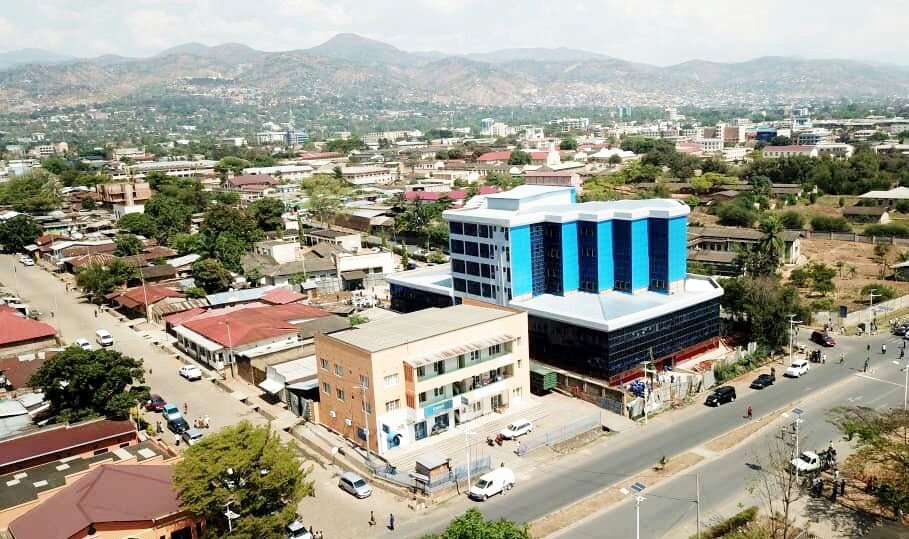
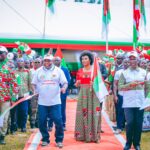

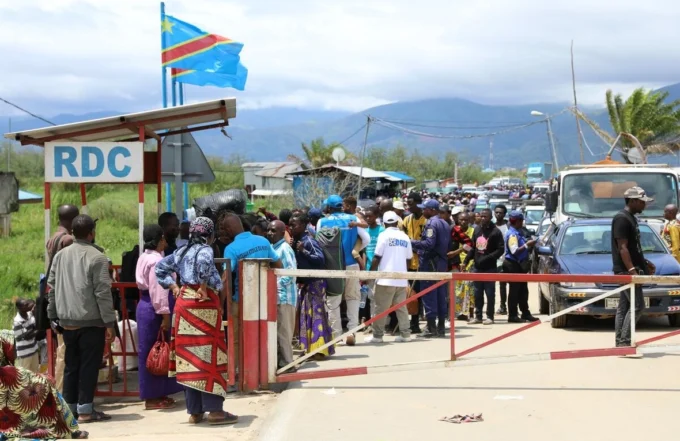
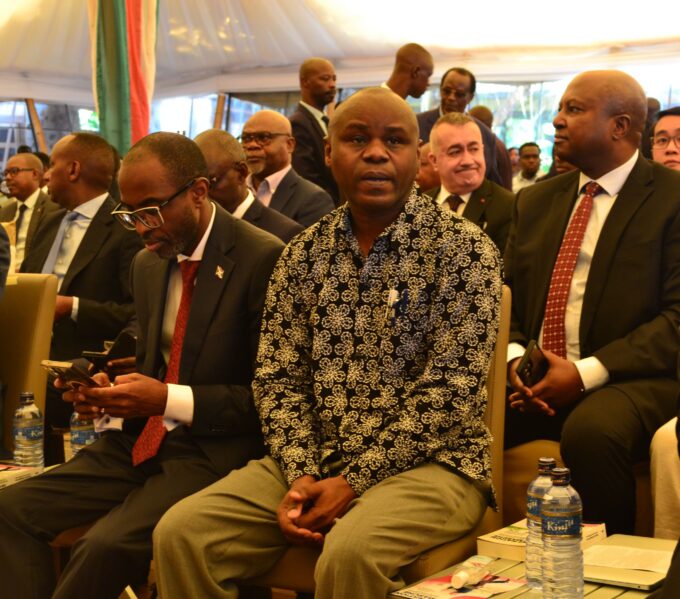

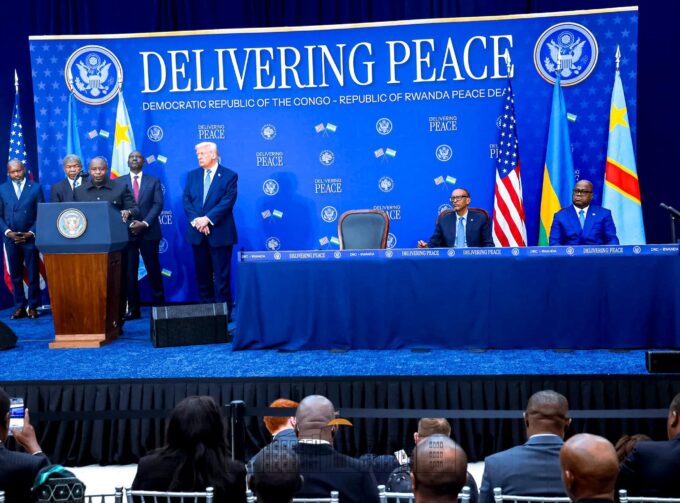
Leave a comment